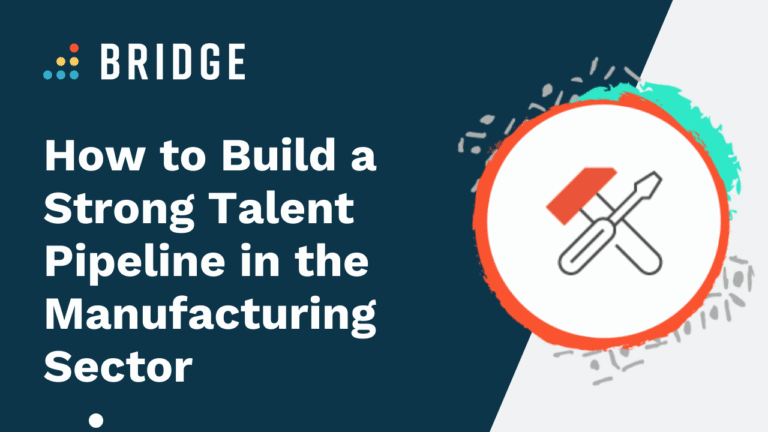As an employer, you may well be currently experiencing one of the most turbulent times in your organisation’s history. The Great Resignation has caused unprecedented levels of staff turnover and many organisations are struggling to retain their best talent. It’s time to take action and focus your company’s culture on the employee experience and find what your staff needs in order to remain engaged, remain productive, and most importantly, remain on your team.
What Is Employee Experience – And Why Does It Matter?
Employee experience includes every interaction that happens during the employee lifecycle, plus the experiences that involve an employee’s role, workspace, manager, and wellbeing. These are all areas where you, as the employer, can take steps to create a positive experience. If each stage of the employee’s engagement with the company, from the onboarding experience onwards, is made as easy and stress-free as possible, then that is a key to that employee’s happiness, success, and retention.
What Do Our Employees Want?
Over the past 18+ months, since the pandemic started and lockdowns and furloughs began, employees have had time to reflect on their careers. This is simultaneously a good time for us to reevaluate what we’re offering as employers. A 2020 report by McKinsey looked into employee experience to determine what the workforce now wants. Results showed that trust, social cohesion, and opportunities to learn and grow are more important than ever.
If you’re not already offering your workforce these experiences, now could be the time to reevaluate your offering in order to create a more employee-centric culture.
3 Ways to Enhance Your Employee Experience
- Offer Opportunities for Ongoing Learning and Development
In many ways, this career reevaluation is a positive thing for the employer. Employees are now keener to realise their ambitions, more driven to be on a successful career path and are no longer content to stagnate in their current roles. Employees want career advancement and the organisations that offer it to them will be the ones to not only retain their workforce but to attract new hires. To foster a culture of training and advancement, managers should be proactive in having career conversations with their employees to find out where they want to go and the path they need to take to get there. As organisations, we should provide our employees with upskilling and reskilling opportunities where necessary. This will help them to maintain their skills as the workplace changes and evolves, and allow them the opportunity to move into different roles in the future if they desire. We recently looked into the research and found that there’s a connection between learning and retention, as 40% of employees who receive poor training will leave their company within the first year.
- Keep Channels of Communication Open
Having an open-door policy and regular one-to-ones ensures that employees’ concerns can be addressed quickly and effectively. Trust is a key component of the employee experience. Giving your people the confidence to approach managers, and having those managers openly and honestly address issues that they’ve raised in a timely fashion will engender trust. Making our employees feel supported may be even more important now, as many people are increasingly remote working, or in hybrid working environments.
- Help Employees to Communicate
Having employees who can work well together and teams who can communicate easily makes for a business that runs smoothly. One way to support this effort is to ensure employees not only know their own roles but are also familiar with the roles that their colleagues perform. Learning about roles and responsibilities other than their own will facilitate a more cohesive environment for every employee. They will be aware of what’s possible when communicating with other teams and which requests are unrealistic. In this way, their experience of work will be a much less frustrating and a far more rewarding one. A workforce that isn’t siloed can move into other roles where necessary.
How Can Bridge Help?
The right tool can help you to connect with your employees and enhance your employee experience.
Bridge’s Performance Management System makes it easy to connect with your employees, discuss performance and career progression, and have meaningful one-to-one conversations. Make performance management more personalised from day one, by driving alignment, growth, and engagement.
Find out more and get a Bridge demo



